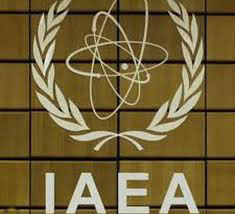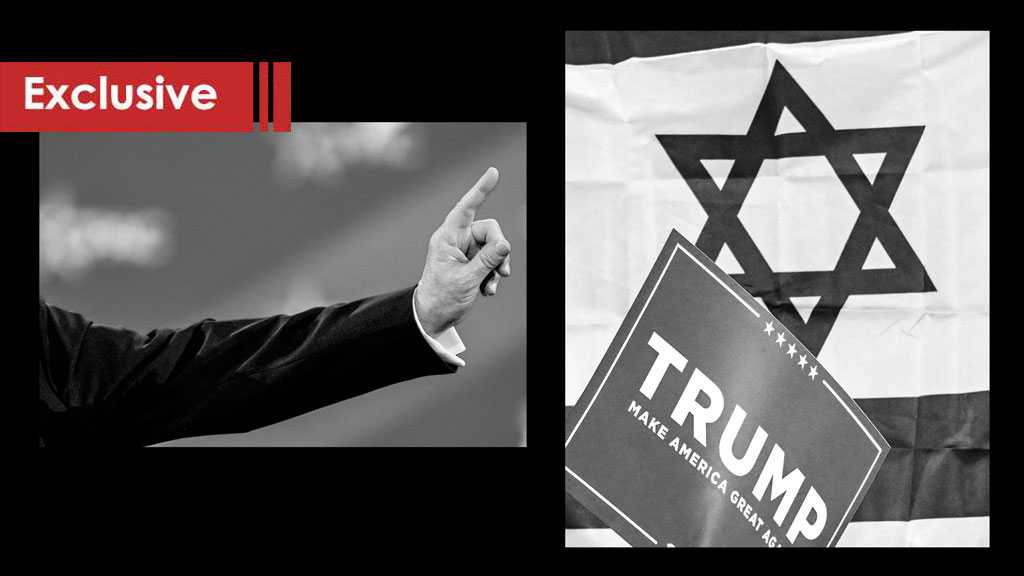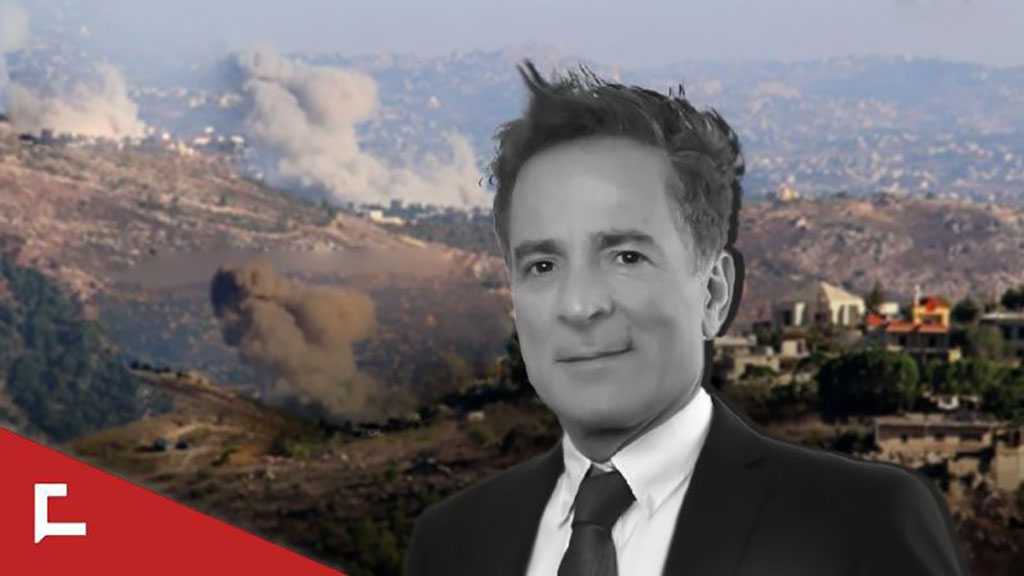
The Psychological War against Iran Ahead of Moscow Parleys

Mokhtar Burto
The US State Department has announced that the P5+1 would be meeting on June 11 and 12 in Strasburg, France, ahead of their participation in Moscow talks on forthcoming June 18 and 19.
It has even claimed that it sought to prevent Iran from possessing nuclear weapons through the stepping-stone policy of pressure and dialogue.
It is clear that Washington, in tandem with London, seeks to foil the looming Moscow parleys between Tehran and the P5+1. Both, the US and UK, have even concerted the media, psychological, and intelligence war against Iran, at the behest of "Israeli" orientations and pressures.
Observers believe that an episode of the psychological war consists of disseminating rumors on the technicalities of the Iranian peaceful nuclear program and tightening spying operations.
The first phase of the war began with the psychological attack on Iran over Parchin military site, where Iran has over and over denied having performed any nuclear activity. Such an emphasis on the army site issue indeed shows the unwillingness of Washington and London to make any progress in Moscow talks.
 "Israel," the US, and Britain are seeking to pressure Iran so that it allows inspectors to visit the site with no counterpart whatsoever and to impede the way to clinch a step-by-step work plan for a solution between the Islamic Republic and the International Atomic Energy Agency (IAEA).
"Israel," the US, and Britain are seeking to pressure Iran so that it allows inspectors to visit the site with no counterpart whatsoever and to impede the way to clinch a step-by-step work plan for a solution between the Islamic Republic and the International Atomic Energy Agency (IAEA).
One of the goals of the frenzied campaign is to intimidate Iran and drive it to feel that if it does not take immediate measures, the country is to face major problems in the future. As a matter of fact, IAEA Director General Yukiya Amano has even tried, during his unexpected visit to Tehran last month, to convey this image to the Iranian officials.
Besides, the Islamic Republic has confirmed that it might allow the IAEA to visit Parchin site but only if a comprehensive work plan between Iran and the Agency was reached.
Simultaneously, the US intelligence apparatuses embarked on spreading rumors about a likely step by Iran to build a third nuclear facility. Accordingly, CIA's Institute for Science and International Security(ISIS)-in charge of submitting the technical evaluation of affairs such as the Iranian nuclear program-alleged, in a report written by David Albright and Andrea Stricker, that Iran was seeking to build a new facility, the third after Natanz and Fardo sites. But the report fell short of including any document proving such claims.
Some observers argue that publishing similar unsubstantiated reports confirms the available information about western intelligence-designed plan to create new technical complications in Iran's nuclear program prior to Moscow talks.
"A part of this plan was designed by the "Israelis" who are seeking to foil Moscow talks; the ISIS report comes within this frame," an informed source said.
It added that the other part of the plan consists of US and Britain wielding pressures on Iran through laying bare the aforesaid claims during the upcoming negotiations, so that Iran would make concessions and give [them] privileges.
Besides, well-versed experts avow that the western intelligence apparatuses have remarkably intensified spying operations against Iran for the past weeks and even used members from Mujahedeen Khalq terrorist group, after the White House has pledged to write the organization off the list of terrorism.
Western security apparatuses also beefed up the tracing of emails and exchange of data via web in a bid to glean any information about Iran's activity.
A western diplomat, speaking on the condition of anonymity, has said that there would not be any meeting between the assistants of both the Iranian and western parties. "We insist on what we have proposed in Baghdad," he said.
Such statements, along with the message of EU's Catherin Ashton's Assistant Helga Schmid-who professed unwillingness to hold prep meetings between Iran and westerns-flatly gainsay what both parties have agreed upon in Baghdad.
All these up-to-dates mean that westerns will come to Moscow yet with a different and counterproductive position, unlike the Islamic Republic of Iran, that said it hopes for constructive and positive talks to address affairs of common interest between both sides.
Source: al-Intiqad, translated by moqawama.org
The US State Department has announced that the P5+1 would be meeting on June 11 and 12 in Strasburg, France, ahead of their participation in Moscow talks on forthcoming June 18 and 19.
It has even claimed that it sought to prevent Iran from possessing nuclear weapons through the stepping-stone policy of pressure and dialogue.
It is clear that Washington, in tandem with London, seeks to foil the looming Moscow parleys between Tehran and the P5+1. Both, the US and UK, have even concerted the media, psychological, and intelligence war against Iran, at the behest of "Israeli" orientations and pressures.
Observers believe that an episode of the psychological war consists of disseminating rumors on the technicalities of the Iranian peaceful nuclear program and tightening spying operations.
The first phase of the war began with the psychological attack on Iran over Parchin military site, where Iran has over and over denied having performed any nuclear activity. Such an emphasis on the army site issue indeed shows the unwillingness of Washington and London to make any progress in Moscow talks.
 "Israel," the US, and Britain are seeking to pressure Iran so that it allows inspectors to visit the site with no counterpart whatsoever and to impede the way to clinch a step-by-step work plan for a solution between the Islamic Republic and the International Atomic Energy Agency (IAEA).
"Israel," the US, and Britain are seeking to pressure Iran so that it allows inspectors to visit the site with no counterpart whatsoever and to impede the way to clinch a step-by-step work plan for a solution between the Islamic Republic and the International Atomic Energy Agency (IAEA).One of the goals of the frenzied campaign is to intimidate Iran and drive it to feel that if it does not take immediate measures, the country is to face major problems in the future. As a matter of fact, IAEA Director General Yukiya Amano has even tried, during his unexpected visit to Tehran last month, to convey this image to the Iranian officials.
Besides, the Islamic Republic has confirmed that it might allow the IAEA to visit Parchin site but only if a comprehensive work plan between Iran and the Agency was reached.
Simultaneously, the US intelligence apparatuses embarked on spreading rumors about a likely step by Iran to build a third nuclear facility. Accordingly, CIA's Institute for Science and International Security(ISIS)-in charge of submitting the technical evaluation of affairs such as the Iranian nuclear program-alleged, in a report written by David Albright and Andrea Stricker, that Iran was seeking to build a new facility, the third after Natanz and Fardo sites. But the report fell short of including any document proving such claims.
Some observers argue that publishing similar unsubstantiated reports confirms the available information about western intelligence-designed plan to create new technical complications in Iran's nuclear program prior to Moscow talks.
"A part of this plan was designed by the "Israelis" who are seeking to foil Moscow talks; the ISIS report comes within this frame," an informed source said.
It added that the other part of the plan consists of US and Britain wielding pressures on Iran through laying bare the aforesaid claims during the upcoming negotiations, so that Iran would make concessions and give [them] privileges.
Besides, well-versed experts avow that the western intelligence apparatuses have remarkably intensified spying operations against Iran for the past weeks and even used members from Mujahedeen Khalq terrorist group, after the White House has pledged to write the organization off the list of terrorism.
Western security apparatuses also beefed up the tracing of emails and exchange of data via web in a bid to glean any information about Iran's activity.
A western diplomat, speaking on the condition of anonymity, has said that there would not be any meeting between the assistants of both the Iranian and western parties. "We insist on what we have proposed in Baghdad," he said.
Such statements, along with the message of EU's Catherin Ashton's Assistant Helga Schmid-who professed unwillingness to hold prep meetings between Iran and westerns-flatly gainsay what both parties have agreed upon in Baghdad.
All these up-to-dates mean that westerns will come to Moscow yet with a different and counterproductive position, unlike the Islamic Republic of Iran, that said it hopes for constructive and positive talks to address affairs of common interest between both sides.
Source: al-Intiqad, translated by moqawama.org



